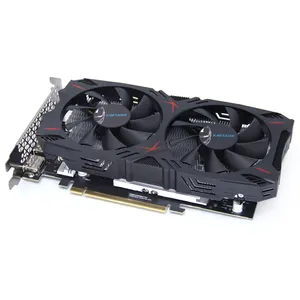Popular in your industry























































Top categories
About polarization modulator
Introduction to Polarization Modulator
A polarization modulator is a crucial component in optical systems that manipulate the polarization state of light. It is extensively used in various applications such as telecommunications, spectroscopy, and laser systems. The modulator allows for the dynamic control of the polarization of light, enabling efficient transmission and manipulation of optical signals.
Types of Polarization Modulators
There are several types of polarization modulators available based on the modulation technique used. One common type is the acousto-optic modulator polarization, which utilizes acoustic waves to modulate the polarization of light. Another type is the electro-optic polarization modulator, which relies on the electro-optic effect to control polarization. Additionally, the depthQ polarization modulator is known for its high-performance polarization control capabilities. Each type offers unique advantages depending on the specific application requirements.
Technical Features
When considering a polarization modulator for your optical system, it is essential to focus on key technical specifications. These may include the modulation speed, extinction ratio, insertion loss, and wavelength range. A fast polarization modulator is designed to operate at high speeds, making it suitable for applications requiring rapid polarization changes. On the other hand, a modulator with a high extinction ratio ensures precise control over the polarization state of light, crucial for demanding optical setups.
Design and Construction
The design of a polarization modulator plays a significant role in its performance and reliability. Manufacturers often employ advanced materials and precision engineering to create modulators with low optical losses and high polarization purity. The depthQ polarization modulator, for instance, is built with cutting-edge optical components to deliver superior polarization control. Understanding the construction of a modulator can help in selecting the most suitable device for your optical system.
Applications and Use Cases
Polarization modulators find applications in a wide range of fields, including telecommunications, imaging, and spectroscopy. In telecommunications, these devices are used to manipulate the polarization of optical signals for efficient data transmission. In imaging systems, modulators help enhance image contrast and quality by controlling polarization. Researchers in spectroscopy rely on acousto-optic modulator polarization for precise polarization modulation in their experiments.
In conclusion, understanding the types, technical features, design aspects, and applications of polarization modulators is essential for making informed decisions when integrating these devices into optical systems. Whether you require high-speed modulation, superior extinction ratios, or precise polarization control, there is a diverse range of modulators available to meet your specific needs.
























